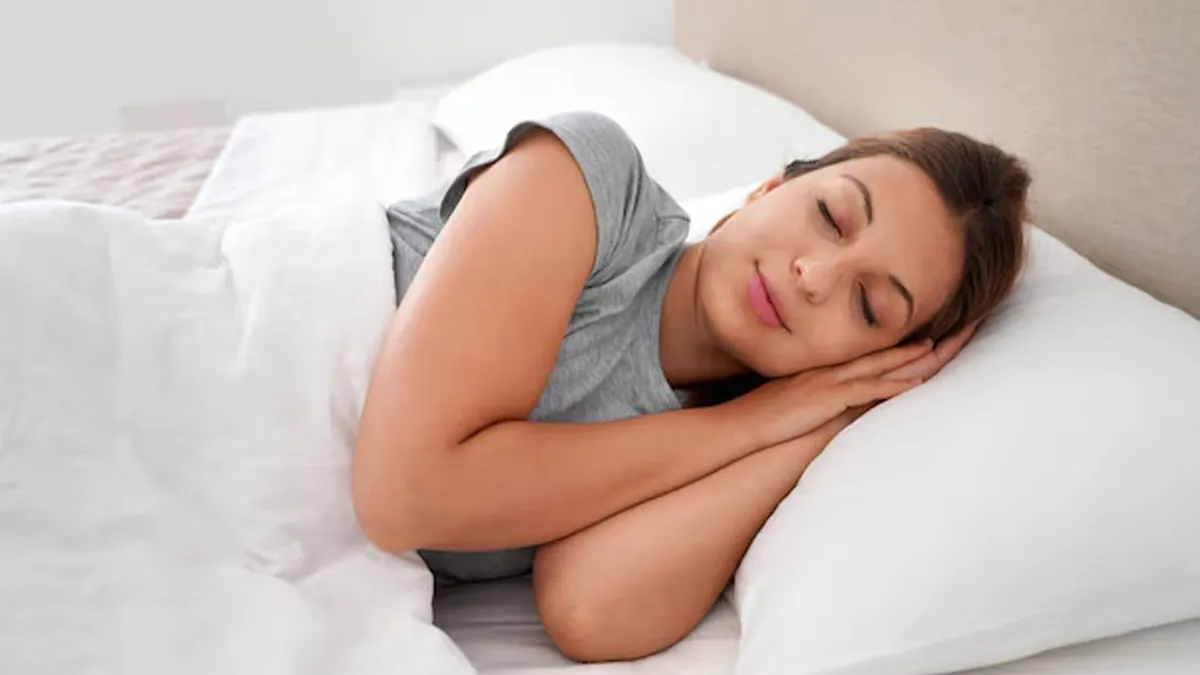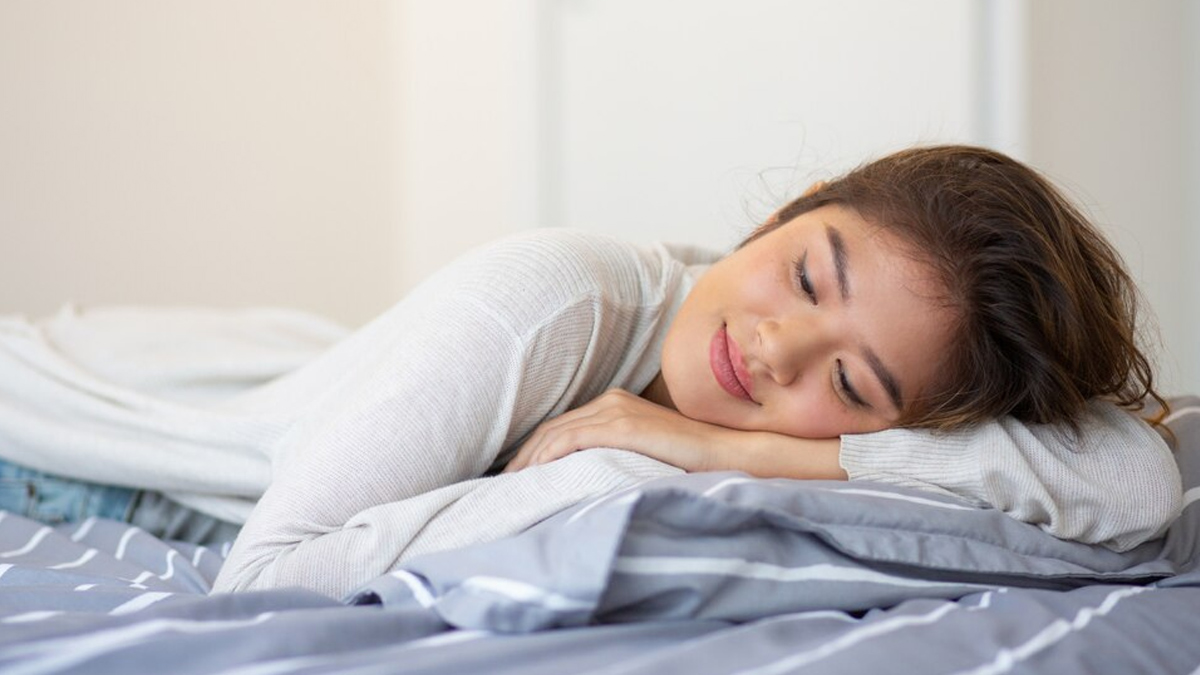
When it comes to sleep, all of us require a good night’s rest. Like our body, our sleep requirements fluctuate as we age because of factors like hormones, lifestyle choices, and health issues. On an average however, we require 8-10 hours of sleep, as per the Centers for Disease Control and Prevention (CDC). However, a common question that always arises is who sleeps more or rather needs it more– men or women?
Table of Content:-
RELATED: Your Room's Temperature Matters: It Affects Your Brain Function, Here's How
Do Women Sleep More Than Men?
Research indicates that women typically sleep more than men by approximately 11 to 13 minutes, though this can vary based on various factors. This is because females tend to feel the need to sleep earlier than their male counterparts.
Additionally, women are more susceptible to developing restless leg syndrome (RLS) and sleep apnoea, both of which can detrimentally affect sleep quality, leading to a greater need for sleep to feel refreshed. Women generally spend less time in the workforce and more hours on unpaid tasks, such as family caregiving and housework.
Why Do Women Sleep More Than Men?
Sleep disparities between men and women are influenced by numerous behavioral and biological factors that evolve over different life stages.
A review of studies highlighted that the likelihood of women experiencing insomnia is 40 percent greater than that of men, which might drive them to seek additional sleep to compensate for nights spent tossing and turning.
Employment is also linked to reduced sleep, so being outside of the workforce can enable women to get more rest. Conversely, women are more likely to face sleep disruptions due to caregiving responsibilities.
Some research suggests that men and women might have different perspectives on sleep, which could partially account for their differing sleep needs.
Why Do Women Need More Sleep Than Men?

A research by Duke University highlights the unique health issues faced by women and emphasizes the importance of prioritizing sleep for overall health. While individual sleep requirements can differ, it is generally accepted that women need more sleep compared to men. Lack of adequate sleep can have adverse effects on a woman’s health. Various factors contribute to the increased need for sleep among women.
For instance, their bodies undergo physical changes that men do not experience, particularly during pregnancy and menopause. Hormonal shifts linked to menstrual cycles can also affect sleep needs. Furthermore, in many families, women may lead busier lives than their male partners, juggling work, childcare, and the management of household duties. Sleep problems are prevalent for both genders, but sleep disorders tend to be more frequently reported among women.
Dr. Sanjay Manchanda, Chairperson of Sleep Medicine, Sir Ganga Ram Hospital, New Delhi, however highlights a discrepancy and notes, “Usually, they have comparable sleep patterns. However, during menopause, when anxiety levels tend to rise, women may sleep less than men.”
RELATED: Your Late-Night Reels And Shorts Could Cause High Blood Pressure, Here's How
Tips To Optimise Sleep Quality

Rest is crucial for maintaining good health, and multiple factors can disrupt it. To improve sleep quality, adopt simple practices as per Mayo Clinic, such as,
- Sticking to a regular sleep schedule
- Being conscious of your dietary choices
- Creating a soothing environment
- Limiting daytime naps
- Engaging in physical activity
- Addressing any worries.
- Keeping a consistent sleep routine, avoid heavy meals and alcoholic drinks, and set up a cool, dark, and quiet sleeping area.
- Limiting naps to no more than one hour and avoiding napping late in the day.
- Participating in regular physical activities, such as spending time outside, can be beneficial.
Lastly, manage your worries by jotting them down and postpone them until the following day. Utilise stress management techniques, including task organisation, priority setting, and delegating responsibilities. These can also be helpful. By adopting these practices, you can improve the quality of your sleep and your overall well-being.
How we keep this article up to date:
We work with experts and keep a close eye on the latest in health and wellness. Whenever there is a new research or helpful information, we update our articles with accurate and useful advice.
Current Version
-1737093708413.jpg)